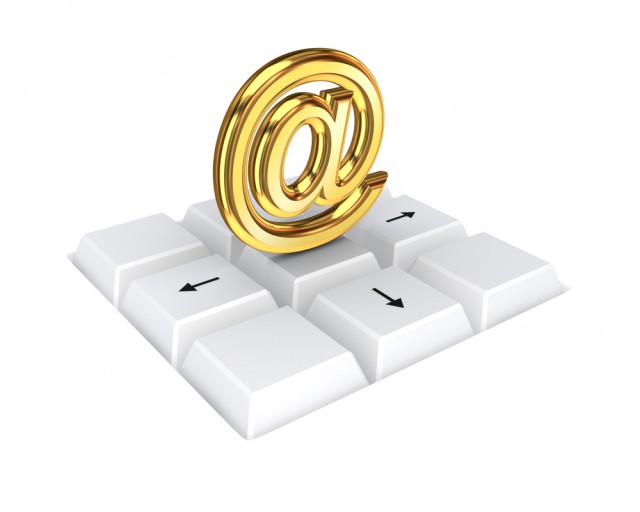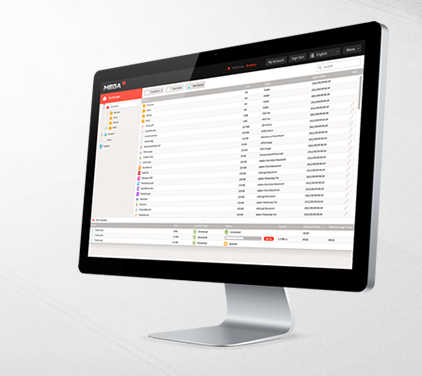
Get ready to move from Hotmail to Outlook
If you use Hotmail then you may already know that you are moving to Outlook.com. You may not want to, but you are -- unless you plan to scrap the whole thing and head over to Gmail, Yahoo mail or another service. Microsoft officially launched Outlook overnight, but the service beta debuted six months ago; we reviewed here already.
So, to help users along in this moving process, the company posted a question and answer page appropriately titled "My Hotmail account was upgraded to Outlook.com".

Microsoft takes Outlook live
Perhaps "live" is a poor choice of words, seeing as Windows Live is dead. Early this morning, Microsoft took down the "opening soon" sign and brought Outlook -- that's the .com not the software -- out of beta. The webmail service is in "grand opening" mode with 60 million "active users" in tow, and more coming as they migrate from Hotmail.
Microsoft unveiled the email service nearly six months ago, decked out in Windows 8-logo blue and generous white space. During the beta process, Outlook ran alongside Hotmail. But with the new service launched, "we'll soon start to upgrade hundreds of millions of Hotmail users to the new Outlook.com experience", David Law, Outlook.com product management director, says.

Microsoft launches 'Don’t Get Scroogled by Gmail' campaign to stop Google 'going through personal emails'
Microsoft's efforts to downplay Google's Gmail over its own Outlook.com service are well known amongst the tech crowd. In late-November the Redmond, Wash.-based corporation claimed that a third of new Outlook.com signups were people switching from Google's email service, and after the web giant dropped support for EAS, Microsoft quickly advised Gmail users to make the same switch. Now Microsoft is at it again, launching a new crusade titled "Don't Get Scroogled by Gmail".
The purpose of the campaign, according to the software firm, is to "educate consumers that Google goes through their personal emails to sell ads". Don't Get Scroogled by Gmail is aimed at American Gmail users and is supported by a GfK Roper study commissioned by Microsoft that found "70 percent of consumers don’t know that major email providers routinely engage in the practice of reading through their personal email to sell ads", with a vast majority of people, 88 percent, disapproving of this practise once the information was brought to their attention.

Outlook.com users can finally receive Mega confirmation emails
Right after Kim Dotcom launched Mega on January 19 I succumbed to temptation and registered for a new account. My initial foray was, however, short lived as no confirmation email arrived in my Outlook.com inbox. Clearly, Microsoft's service and Mega did not play well together.
Dotcom shed some light on the matter when he posted the following on Twitter: "Don't use Hotmail to register on Mega. They have mysteriously black holed emails from our domain. Gmail works fine", He shortly followed this up with: "We are working on the 'confirmation email' issue. Some mail services react allergic to an unknown domain sending millions of confirmations". Intrigued by the issue I asked Microsoft for a statement concerning the confirmation email issue with Outlook.com accounts.

Microsoft 'surprised' after Google dropped Exchange ActiveSync support
Almost a week ago, part of Google's "Winter cleaning" involved dropping support for Microsoft Exchange ActiveSync on January 30, 2013. It appears Microsoft is far from happy with the controversial decision, and the company promptly retaliated by advising Gmail users to switch to Outlook for "the best email experience" across all devices.
As was the case with removing the free version of Google Apps for Business, Google's recent move is subject to criticism. But why does it matter? Google dropped the ball in Microsoft's court, as the latter uses EAS in a number of software products including Windows Phone and Windows 8/RT. The protocol allows syncing of calendars and contacts and uses push email functionality. "Killing" it leaves Microsoft customers without those features when accessing Google services.

Gmail users are switching to Outlook.com? Dream on, Microsoft
According to Microsoft, one-third of new Outlook.com sign-ups are from active Gmail users. While a good portion of those are likely just signing up to get an account to use with Windows 8 (I’m a Gmail devotee but use my Outlook.com address to log into the OS as it offers clear benefits), Microsoft presumes that these new users must dislike Google’s service and want to switch. To this end, the company hired a research firm to say what it wanted to hear.
"Hundreds" of Gmail users were recruited and asked to give Outlook.com a try. These test subjects moved their emails over and used the service for a brief while before being grilled on their experience. The researchers found that the group largely preferred Outlook.com’s clean design (it's possible), and the fact that the service makes sharing photos and Office documents easy (fair enough). But here’s the claim that I can’t quite believe: Apparently the users found Outlook.com "does a better job of blocking spam" than Gmail. Sorry? The only reason you could possibly think that is if you never get any spam in the first place (which would be the case with brand new Outlook.com sign ups).
